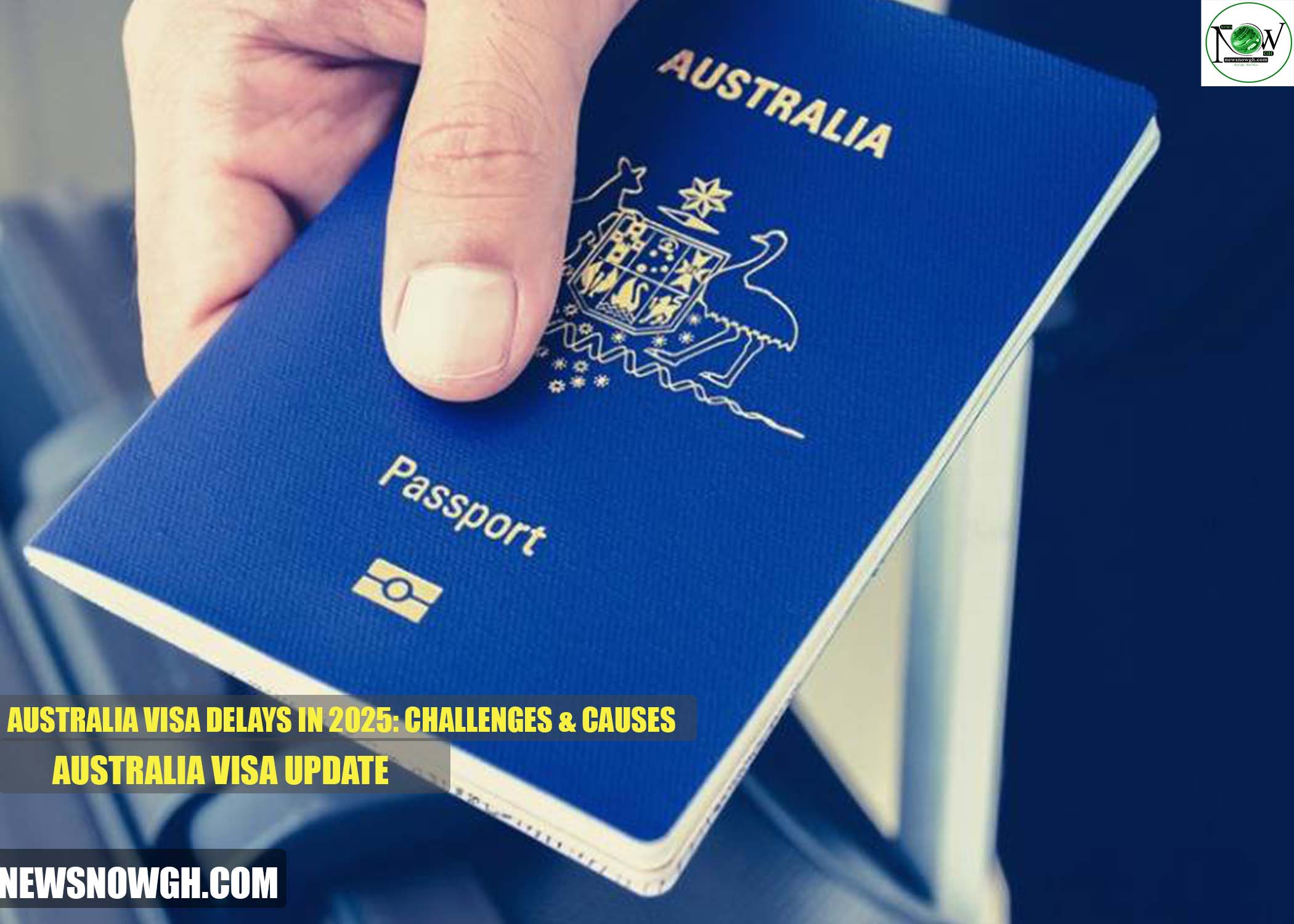Australia Visa Delays in 2025: Challenges & Causes | Australia Visa Update
In 2025, Australia’s visa system has become a major topic of discussion. The effects of significant visa delays are widespread, from busy airports to empty university lecture halls. This issue is more than just red tape; it represents disrupted lives and deferred dreams. Let’s explore the causes of these delays and their implications for Australia and the world.
Introduction
Recent reports indicate that Australia’s visa processing times have skyrocketed. In some cases, applicants now face double the usual wait for approvals. In 2024, Australia processed over three million visa applications. However, as 2025 began, the backlog grew to more than 1.5 million applications. This figure is staggering for a country known for its efficient immigration system.
Why Are Delays Happening?
Experts identify several factors contributing to this backlog. First, the global rebound from the pandemic has led to a surge in international travel and migration. Australia, a prime destination for skilled workers, students, and tourists, has seen an unprecedented influx of applications.
Unfortunately, this surge coincided with a weakened system. During the pandemic, Australia’s Department of Home Affairs faced significant workforce cuts. Many visa processing officers were reassigned or let go. By the time demand surged again, the department was understaffed and ill-prepared.
Additionally, visa applications have become increasingly complex. Recent years have seen Australia’s visa policies grow more stringent, introducing extra checks for security, health, and financial stability. While these measures aim to enhance system integrity, they also increase processing times.
What Is Being Done to Fix Visa Delays?
Insiders point to outdated technology and understaffing as primary issues. Australia’s visa processing system relies on software that hasn’t been updated in over a decade. This aging technology struggles to manage the volume and complexity of applications.
In response, the Department of Home Affairs is working to recruit and train new staff. However, training a visa officer takes months. Critics argue that the department should implement automated systems for routine tasks, allowing officers to focus on complex cases.
Policy decisions also contribute to the delays. In 2023, the government introduced stricter vetting for certain visa categories, especially from high-risk countries. While these measures aim to enhance security, they disproportionately impact applicants from developing nations.
The economic consequences of these delays are significant. Australia relies heavily on immigration to fill critical workforce gaps, particularly in healthcare, engineering, and IT. International students contribute billions annually to the economy. Delays in tourist visas also affect revenue, with many potential visitors opting for other destinations.
Future of Australian Immigration
Despite these challenges, there are signs of hope. The government plans to invest $500 million in modernizing the visa processing system. By 2026, a new digital platform will streamline applications and incorporate AI for routine checks.
Additionally, the government aims to hire 2,000 new staff by the end of 2025. These measures should alleviate some pressures, but experts warn that improvements will take time. Meanwhile, advocacy groups are stepping in to support applicants, helping them navigate the process.
What Can You Do If You’re Affected?
If you find yourself caught in the visa delay chaos, here are some steps to stay proactive:
- Apply Early: Submit your application as soon as possible to get ahead of the crowd.
- Double-Check Your Application: Ensure all documentation is complete and accurate to avoid delays.
- Stay Informed: Monitor official immigration websites for updates on processing times and policies.
- Consider Professional Help: Immigration consultants can guide you through the complexities of the application process.
- Follow-up: If your application is pending for an extended period, politely inquire with the immigration department.
- Explore Alternatives: Research other visa options that may offer faster processing times.
Navigating the visa application process can be challenging, but staying informed and proactive can help you manage the situation more effectively.
Follow us on Newsnowgh.com to stay updated on the latest information regarding work permits, visas, and visa-sponsored employment.


